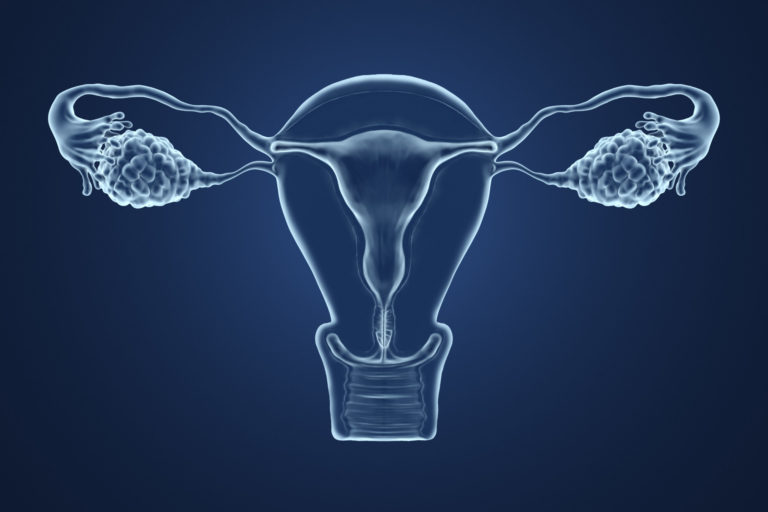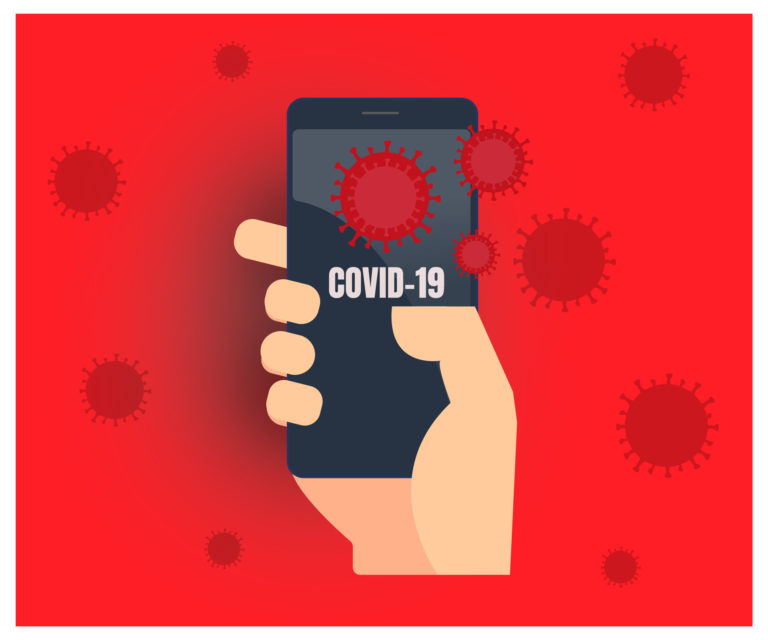The RADxSM Tech Process: Accelerating Innovation for COVID-19 Testing
IEEE Pulse
//www.embs.org/pulse/wp-content/uploads/sites/13/2024/03/ieee-pulse-logo-dsktp2x.png
In the wake of the COVID-19 pandemic, the need for rapid and accurate diagnostic testing across populations quickly became evident. In response, the National Institutes of Health (NIH) was determined not only to invest heavily in this area but to change the process by which grant proposals were reviewed and funded in order to spur faster development of viable technologies. The Rapid Acceleration of Diagnostics (RADx) initiative was designed to speed innovation, commercialization, and implementation of potential COVID-19 diagnostic technology.
read more









